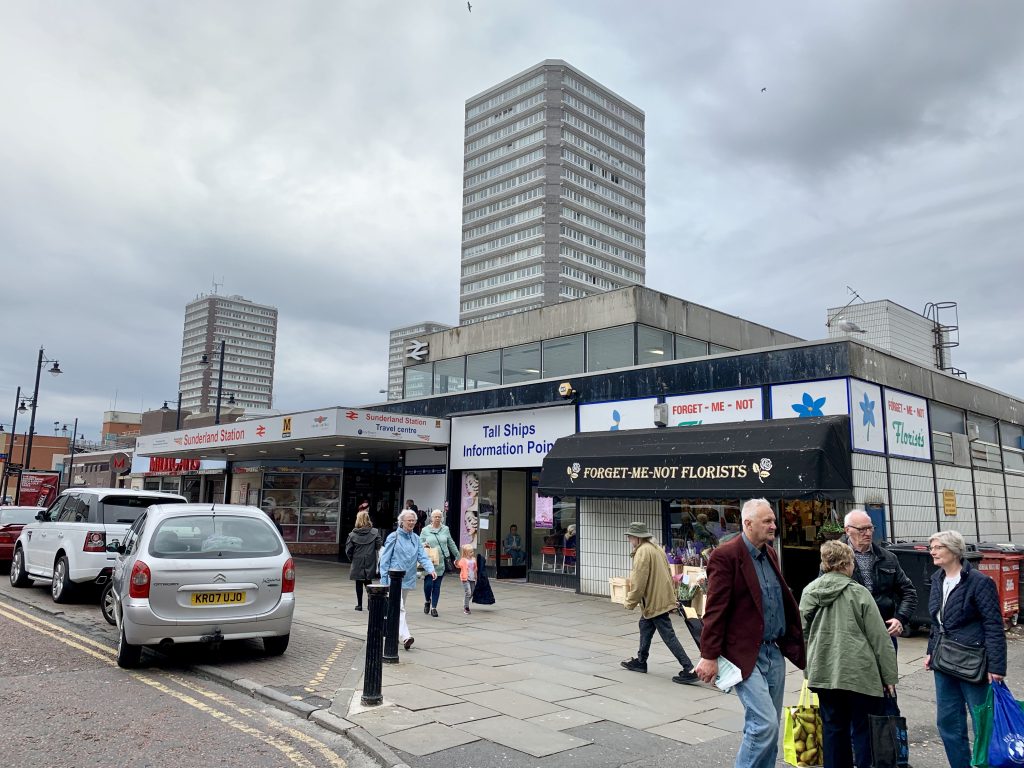The government has been accused of having no policies and no funding for improving geographical inequalities.
Research suggests that there is more regional inequality in the UK than in any other large wealthy country in the world. As part of his winning election campaign in 2019, Boris Johnson said he was going to fix that by investing in and improving outcomes in the poorer bits of the country, which is generally taken to mean everywhere outside of London and the South of England. 'Levelling up' was the name given to this set of promises. In its February 2022 whitepaper on the subject, the UK government duly claimed that since 2019 it had poured billions of pounds into improving opportunities for people across the country.
This claim, however, hasn't chimed with reality for many of the people who are living in these supposedly levelled-up areas. Indeed, the government was recently lambasted by the Chair of its levelling up committee (and an opposition Labour MP) for not actually having any policies in place that could achieve its levelling up goals... or having any money put aside to pay for levelling up programmes. Few people think that this situation is likely to be rectified any time soon, especially since Boris Johnson resigned as Prime Minister in July after a series of scandals. Although his replacement, Liz Truss, has said she'll "double down" on the policy, she didn't talk about levelling up much during the leadership contest.
Some might argue that this could have been due to a calculation that levelling up wouldn’t be much of a vote winner amongst Conservative Party members, who select the Conservative leader. As a group these people are significantly more likely than the average voter to be middle class and to live in the South of England. That makes them unlikely to be the direct beneficiaries of a levelling up programme.
Of course, that doesn’t mean that southern, middle-class Conservatives members wouldn’t benefit at all from a successful levelling up programme. If local economies throughout the UK looked more like London’s, there would be much more money sloshing about, as well as more employment and higher business growth. The UK government would also see its tax revenue go up (because of things like higher salaries, larger profits and more purchases) and its spending go down (it would have a lower welfare bill, for example). That extra cash could be funnelled into policies that are at the top of the Conservative members' wish list.
The obvious counter argument is that the party members might simply want the government to prioritise their pet policies now, and cut out the expensive middle step of funding a levelling up programme. But to do that the Conservatives have to stay in power. Like all political parties, they can only win general elections if they can appeal to the wider electorate. Levelling up could be a way to do that - half of the population thinks the government doesn’t spend enough money in their local area, and that figure rises to two-thirds for Northerners. Indeed, some Conservative MPs for constituencies outside London and the South have said their party will not win the next election if it doesn’t deliver on its levelling up promises.
Whether that threat will be enough to cause Prime Minister Truss to refocus on the issue now she's taken the helm remains to be seen. But plenty of people think the government's record of reducing inequality has been so lousy that it’s highly unlikely that there will be a sudden 180 in its policy anytime soon.
Read our explainer on: government spending priorities

